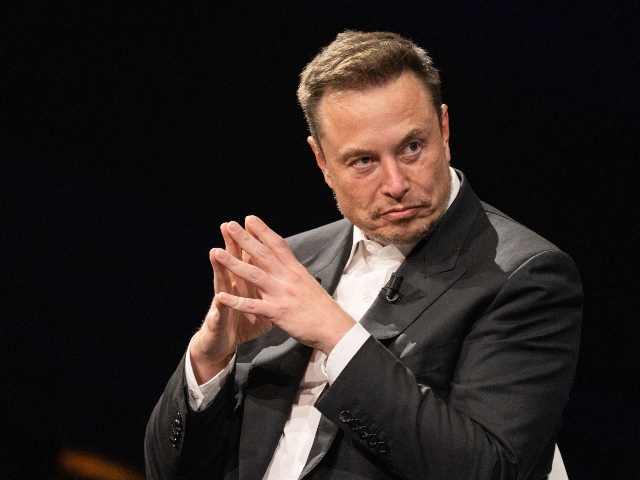Elon Musk claims Neuralink’s first human patient with the company’s creepy brain chip implant can now move a computer mouse cursor using just their thoughts.
Business Insider reports that last month, Neuralink implanted its first computer chip into a human patient’s brain. Now, company founder Elon Musk says the patient has recovered fully and can move a computer mouse cursor simply by thinking.
Musk made the claims during an X/Twitter Spaces session on Monday, stating “Progress is good, and the patient seems to have made a full recovery, with neural effects that we are aware of. Patient is able to move a mouse around the screen by just thinking.”
Neuralink’s creepy brain chip, now given the name Telepathy, aims to enable recipients to control devices like phones or computers with their minds. While the company is still working to refine the technology, this first human trial marks a major milestone.
Musk said Neuralink is focused on allowing the patient to move the cursor more precisely, as well as click and hold buttons through thought alone. “We’re trying to get as many button presses as possible from thinking, so that’s what we’re currently working on,” he commented.
The implant was approved for human trials by the FDA in May 2022 after an initial rejection due to overheating concerns. Neuralink hopes the technology can eventually help paralyzed patients regain motor functions like movement and speech by transmitting brain signals.
“In the future, we hope to restore capabilities such as vision, motor function, and speech, and eventually expand how we experience the world,” the company states as its mission. However, the vision applications still require further regulatory approval.
Breitbart News has previously reported on claims that Neuralink was facing major issues with its animal testing subjects; some groups even claiming that the experiments bordered on abuse.
A detailed investigation brought to light the unsettling circumstances surrounding the deaths of monkeys used in Neuralink’s preliminary experiments. Elon Musk has staunchly denied that the deaths were a direct consequence of the implants, maintaining that the chosen test subjects were “close to death already.”
However, these assertions are contradicted by accounts revealing severe complications, including chronic infections, paralysis, and brain swelling, experienced by the test subjects, necessitating euthanasia.
Wired provided some details on the situations some of the test animals were put in, writing:
For example, in an experimental surgery that took place in December 2019, performed to determine the “survivability” of an implant, an internal part of the device “broke off” while being implanted. Overnight, researchers observed the monkey, identified only as “Animal 20” by UC Davis, scratching at the surgical site, which emitted a bloody discharge, and yanking on a connector that eventually dislodged part of the device. A surgery to repair the issue was carried out the following day, yet fungal and bacterial infections took root. Vet records note that neither infection was likely to be cleared, in part because the implant was covering the infected area. The monkey was euthanized on January 6, 2020.
Describing the treatment of another animal, Wired reported:
Additional veterinary reports show the condition of a female monkey called “Animal 15” during the months leading up to her death in March 2019. Days after her implant surgery, she began to press her head against the floor for no apparent reason; a symptom of pain or infection, the records say. Staff observed that though she was uncomfortable, picking and pulling at her implant until it bled, she would often lie at the foot of her cage and spend time holding hands with her roommate.
Animal 15 began to lose coordination, and staff observed that she would shake uncontrollably when she saw lab workers. Her condition deteriorated for months until the staff finally euthanized her. A necropsy report indicates that she had bleeding in her brain and that the Neuralink implants left parts of her cerebral cortex “focally tattered.”
Ryan Merkley, the director of research advocacy for a medical ethics committee focusing on animal rights, warned: “Patients should have serious concerns about the safety of Neuralink’s device.” The committee, which boasts over 17,000 doctor members, has urged potential Neuralink volunteers to seriously reconsider their applications.
Lucas Nolan is a reporter for Breitbart News covering issues of free speech and online censorship.


COMMENTS
Please let us know if you're having issues with commenting.